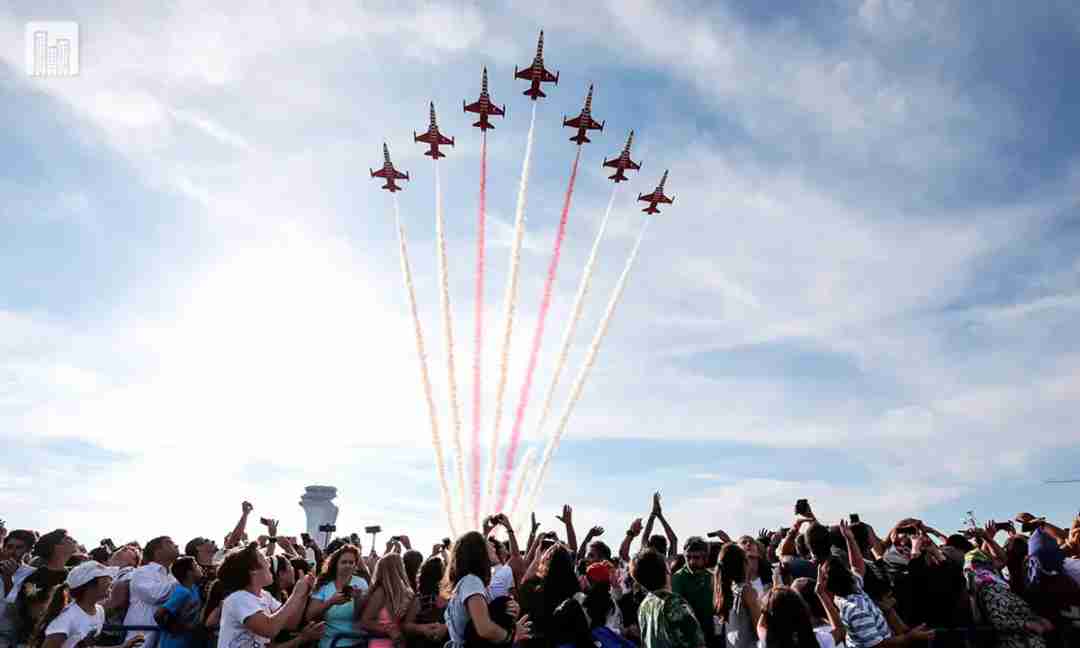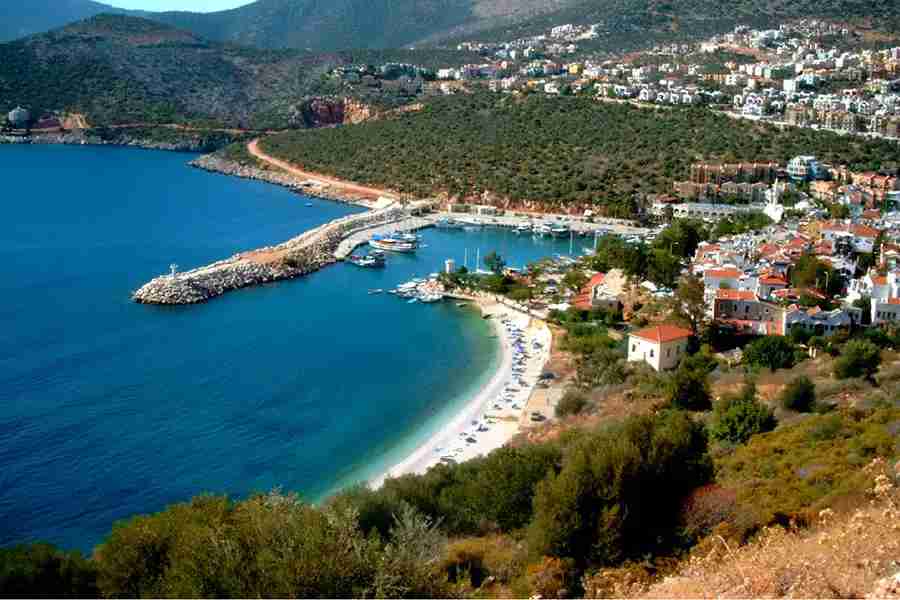The culture of Turkey is a vibrant mosaic that reflects the country’s complex history and diverse influences. Spanning from the ancient Anatolian civilizations to the modern era, Turkey’s culture is a unique blend of Eastern and Western traditions, offering a captivating experience for anyone eager to explore its depths. From its culinary delights and artistic expressions to its architectural wonders and social customs, the culture of Turkey is a rich tapestry that tells the story of its people and their heritage.
A Historical Fusion: Ancient and Modern Influences
The culture of Turkey is deeply rooted in its history, which is marked by the rise and fall of numerous empires and civilizations. Ancient Anatolia was home to some of the earliest human settlements, and its rich heritage is evident in the archaeological sites scattered across the country. The influence of the Hittites, Phrygians, and Urartians laid the groundwork for the region’s cultural development.
The arrival of the Greeks and Romans further enriched the cultural landscape. Cities like Ephesus and Pergamon are testament to the grandeur of ancient architecture and urban planning, offering insights into the lifestyles of these ancient civilizations. The Byzantine Empire, with its capital in Constantinople (now Istanbul), contributed a significant religious and artistic legacy that continues to shape the culture of Turkey.
The Ottoman Empire, which lasted over six centuries, played a crucial role in defining Turkish culture. The Ottomans were known for their architectural innovations, including the majestic mosques and palaces that still stand as cultural landmarks today. The empire’s diverse population also brought together various traditions, languages, and customs, creating a rich cultural blend.
Culinary Diversity: A Gastronomic Adventure
One of the most flavorful aspects of the culture of Turkey is its cuisine. Turkish food is renowned for its diversity, which reflects the country’s geographical and cultural variety. From the bustling bazaars of Istanbul to the tranquil towns of Anatolia, Turkish cuisine offers a delectable journey through its regional specialties.
The cuisine is characterized by its use of fresh ingredients and a harmonious blend of spices. Dishes like kebabs, mezes (appetizers), and pilafs are staples in Turkish cuisine. Each region has its own specialties: in the southeastern city of Gaziantep, you’ll find rich, spicy kebabs and baklava, while the coastal regions offer an abundance of seafood and Mediterranean flavors.
Traditional Turkish breakfast, known as kahvaltı, is a delightful spread that includes a variety of cheeses, olives, tomatoes, cucumbers, and fresh bread. This meal is often enjoyed leisurely with family and friends, reflecting the importance of communal eating in Turkish culture.
Art and Architecture: A Cultural Legacy
The culture of Turkey is also expressed through its art and architecture. Turkish art spans from the intricate patterns of Ottoman tilework to the modern expressions of contemporary artists. The traditional art forms include calligraphy, ceramics, and weaving, which have been passed down through generations.
Ottoman architecture is particularly noteworthy, with its grand mosques, palaces, and bridges showcasing a unique blend of Islamic and Byzantine influences. The Hagia Sophia in Istanbul, originally a cathedral, later a mosque, and now a museum, is a prime example of this architectural synergy.
In contemporary times, Turkish artists continue to push boundaries and explore new mediums. The Istanbul Biennial and other cultural festivals celebrate modern Turkish art and provide a platform for emerging artists.
Social Customs: Tradition and Modernity
Turkish social customs are a reflection of the country’s cultural diversity and historical heritage. Hospitality is a cornerstone of Turkish culture, with visitors often greeted with warmth and generosity. Traditional Turkish tea and coffee play a central role in social gatherings, serving as symbols of friendship and community.
Family is highly valued in Turkish society, and social life often revolves around family gatherings and celebrations. Festivals such as Ramadan and Kurban Bayramı (Eid al-Adha) are marked by communal prayers, feasting, and acts of charity. These traditions offer a glimpse into the spiritual and communal aspects of Turkish life.
Modern Turkey also embraces contemporary lifestyles, with cities like Istanbul offering a cosmopolitan experience that contrasts with the more traditional rural areas. This blend of old and new is a defining feature of the culture of Turkey, creating a dynamic cultural landscape that evolves while staying rooted in its historical past.
Conclusion
The culture of Turkey is a captivating blend of historical legacies, culinary delights, artistic expressions, and social customs. Its rich history, spanning ancient civilizations and empires, has shaped a unique cultural identity that continues to evolve. From the grandeur of Ottoman architecture to the vibrant flavors of Turkish cuisine and the warmth of its social customs, the culture of Turkey offers a multifaceted and enriching experience. Exploring Turkey’s cultural heritage reveals a nation that is both deeply rooted in its past and dynamically engaged with the present, making it a truly remarkable place to discover.
.webp&w=3840&q=100)












